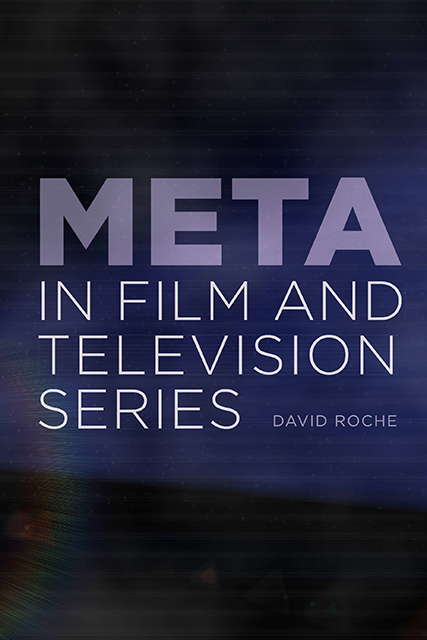Chapter 5 - Apparatus and Spectatorship
Published online by Cambridge University Press: 26 October 2023
Summary
MOVIES ABOUT MOVIE-GOING
Movies about movie-going are less common than movies about filmmaking, and even in famous instances such as The Purple Rose of Cairo and Cinema Paradiso (Tornatore, 1988), going to the movies is often the premise to something else (an adventure, a relationship). Unlike movie-making, it does not appear to provide a self-sufficient plot. There are, however, plenty of movies and series featuring scenes in which characters watch movies or shows in a movie theater or on TV.
Such scenes are common in movies about making movies, as Christopher Ames has noted, whether screenings of finished films or series (Sunset Blvd., The Player, Barton Fink, Once Upon a Time … in Hollywood) or of unreleased material (Contempt, Day for Night, Blow Out, The Player, A Cock & Bull Story). They frequently dramatize the two competing views of cinema as consumer product or art, already discussed in Chapter 4, a dichotomy that often overlaps with Hollywood versus art or independent cinema. In The Player, producer Griffin Mill goes to a screening of The Bicycle Thieves (De Sica, 1948), which he concedes is a “great movie,” but he is more interested in tracking down his would-be stalker among the members of the audience than in enjoying the Italian neorealist classic’s final scenes [28:14–30:10]; as for the last film-within-the-film, this one an invention, the screening of the final edit of Habeas Corpus [1:46:49–1:50:48] reveals that British screenwriter Tom Oakley gave in to the producers and accepted the stars (Julia Roberts and Bruce Willis) and happy ending he so adamantly rejected when pitching the film in the first place [1:14:04]. Such scenes also illustrate Rick Altman’s point that film producers act as critics, analyzing the movie in order to improve their product and sometimes to reproduce an earlier success. In Barton Fink, the eponymous playwright is required to study the rushes of a wrestling movie to get a better grip on the film genre whose conventions he is expected to abide by [56:33–57:47]. Watching rushes is generally presented as an active type of spectatorship, an integral part of the creative process, in which members of the audience discuss the film’s merits or defects (Contempt, Day for Night, Blow Out and A Cock & Bull Story).
- Type
- Chapter
- Information
- Meta in Film and Television Series , pp. 92 - 121Publisher: Edinburgh University PressPrint publication year: 2022



